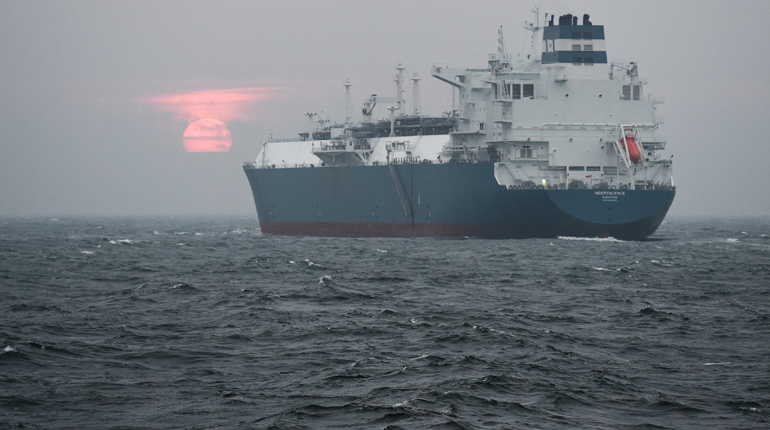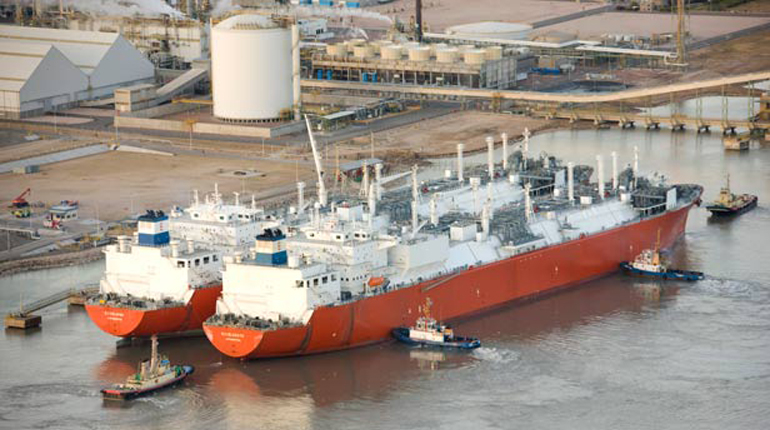Highlights
Economic overview
Gas and LNG production in Nigeria is at risk of being severely affected by sabotage of the country’s infrastructure.
Nigeria’s government has failed to come up with a solution to prevent attacks by the newly formed Niger Delta Avengers (NDA). The militants have been responsible for blowing up oil production infrastructure – including that of IOCs – in the Niger Delta. The NDA has so far ignored calls by the government to negotiate and says it wants to create a sovereign state in the Delta.
Nigerian oil output is already suffering from the NDA’s activities, hitting its lowest rate since 1988 in May. Nigeria’s GDP shrank by 0.4% in Q1 2016 on an annual basis – its first contraction since Q1 2004 – as oil export revenues came under pressure. The country produced 1.42 million barrels per day of oil in May 2016 – much lower than the average of 1.88 million b/d for 2015 as a whole and more than 25% below the level seen in January 2016. The NDA wants to halt Nigeria’s oil production completely.
Quarterly and annual year-on-year GDP growth rates
| Q3 2015 | Q4 2015 | Q1 2016 | 2016 | 2017 | 2018 | |
| Qatar | 3.8% | 4.0% | *3.4% | *3.4% | *3.4% | *2.9% |
| Egypt | 3.1% | 3.8% | *3.3% | *3.3% | *4.3% | *4.5% |
| Saudi Arabia | 3.6% | 3.6% | *1.2% | *1.2% | *1.9% | *2.3% |
| Nigeria | 2.8% | 2.1% | -0.4% | *2.3% | *3.5% | *3.9% |
| South Africa | 1.0% | 0.5% | -0.2% | *0.6% | *1.2% | *2.1% |
Nigeria’s gas and LNG production have also suffered as a result of the disruption because part of the country’s gas output is associated with oil. Nigeria exported a total of 3.22 mt of LNG in April and May, which was a fall of 6.1% on an annual basis. GGA estimates Nigeria’s marketed gas production fell by 7.2% year on year during this period, to 6.4 billion cubic metres.
Weakening macroeconomics in South Africa are dampening the government’s enthusiasm for promoting gas in the power sector. The government has long planned to import LNG for its proposed gas-to-power projects, but the country’s weak economic prospects are making it harder to reduce reliance on coal-fired generation. The government is in the process of creating a department, the Gas Industrialisation Unit, to import LNG for its proposed gas-fired plants. However, South Africa does not have any LNG import facilities and the timeframe to develop one remains unclear.



